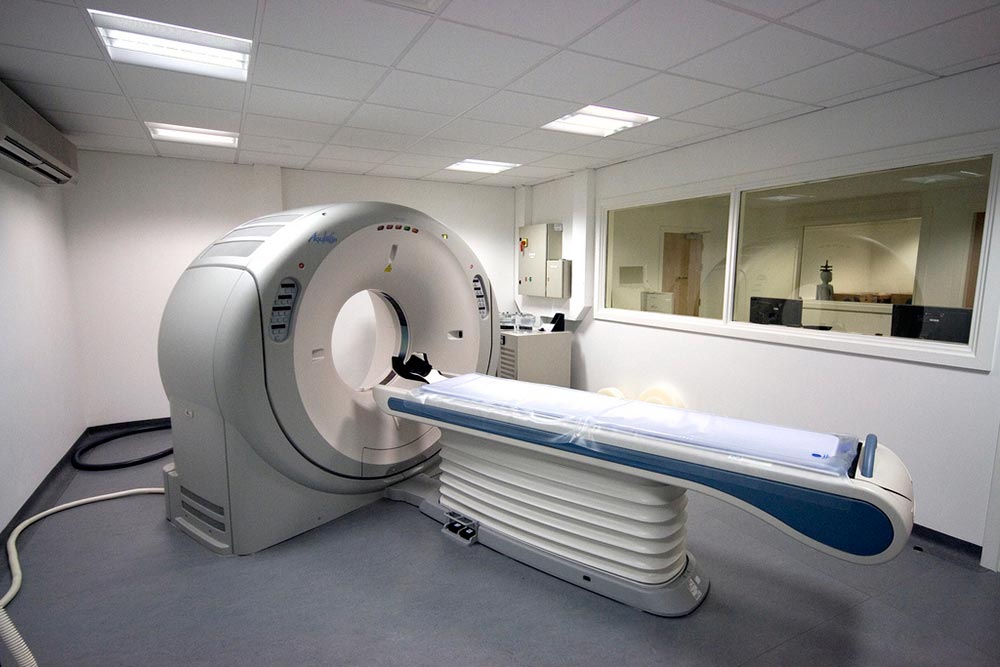 For grieving and distraught families of a deceased loved one, the wait for a medical examiner’s autopsy conclusions can feel like a long and arduous one.
For grieving and distraught families of a deceased loved one, the wait for a medical examiner’s autopsy conclusions can feel like a long and arduous one.
The distress that families feel is unfathomable, but technological advancements in the field of forensic pathology are attempting to make this difficult process just a little easier to bear.
The New South Wales government has done this through the procurement of a Computed Tomography (CT) scanner valued at $600,000, which has been described as “state-of-the-art” technology that is providing faster post-mortem results.
This new CT scanner has been installed at the Department of Forensic Medicine in the Sydney innercity suburb of Glebe, making it the second device of its kind to be used that supports forensic post-mortems in NSW – the other is located in Newcastle.
According to the government, the CT scanner has sophisticated imaging capability, which means forensic pathologists are able to capture highly detailed scans of bones and internal tissues.
The scanner also provides a comprehensive radiological examination and gathers information via 3-D detail of bones, internal tissue and organs.
One of its big uses is that it can determine fractures, natural causes – including stroke – or specific injury patterns associated with various traumas, such as gunshot wounds.
This can help bypass the need for an invasive internal examination of the body, as images can be taken through a body bag or clothing.
NSW Minister for Heath Jillian Skinner and Attorney General Gabrielle Upton toured the Glebe office to view the technology.
Ms Skinner said this sophisticated tool allows forensic pathologists to prepare more comprehensive reports for the NSW Coroner and, in some cases, determine cause of death faster.
“It also means that families can take comfort in knowing their loved ones’ remains have been handled with the utmost dignity and returned to them as quickly as possible so they can carry out funeral arrangements,” Ms Skinner said.
She said the NSW Government is determined to invest in innovative approaches that create better health and justice systems.
Ms Upton said the new CT scanner would help reduce any anxiety families feel about the forensic process after losing a loved one.
“Families struggling to cope with the loss of a loved one already have enough to deal with. This scanner will make it faster and easier to determine a cause of death,” Ms Upton said.





